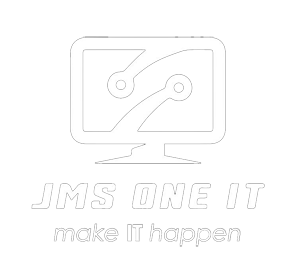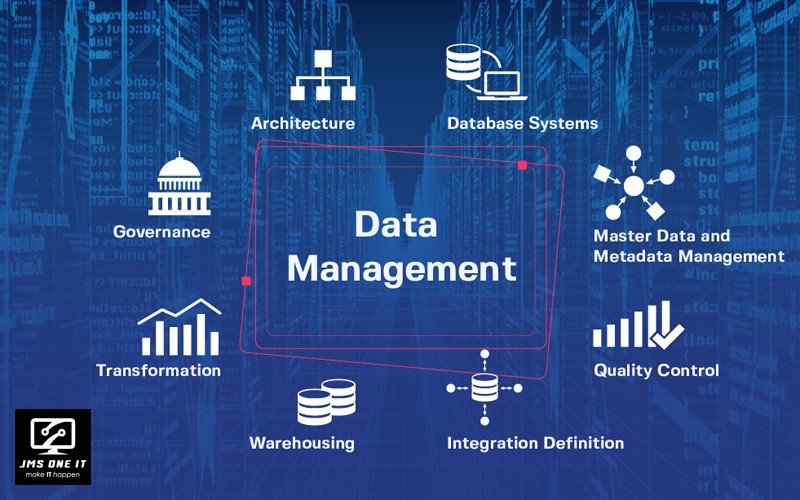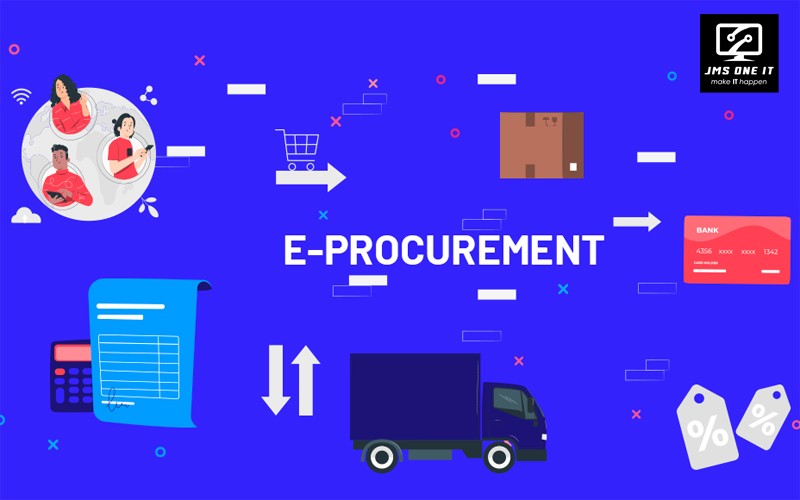A Strategic Opportunity for IT Service Providers
In today's data-driven business landscape, organizations generate and collect information at unprecedented rates. While this data represents tremendous potential value, many companies struggle to effectively manage, organize, and leverage their information assets. This challenge has created a significant opportunity for IT service providers to expand their offerings through Data Management as a Service (DMaaS).
Understanding Data Management as a Service
Data Management as a Service represents a comprehensive approach to handling an organization's data lifecycle through cloud-based solutions and managed services. Rather than businesses investing in expensive infrastructure and specialized personnel, DMaaS allows them to outsource their data management needs to experienced service providers who can deliver enterprise-grade capabilities at a fraction of the cost.
DMaaS encompasses multiple components including data storage, backup and recovery, data integration, analytics, governance, and security. Service providers manage these elements through scalable cloud platforms, ensuring businesses can access their data reliably while maintaining compliance with industry regulations and security standards.
Core Components of DMaaS Offerings
Data Storage and Architecture
Modern DMaaS solutions provide scalable storage architectures that can accommodate everything from structured databases to unstructured content like documents, images, and videos. Service providers typically offer multiple storage tiers, allowing businesses to optimize costs by placing frequently accessed data on high-performance systems while archiving older information on more economical storage options.
Backup and Disaster Recovery
Comprehensive backup solutions ensure business continuity by creating multiple copies of critical data across geographically distributed locations. Advanced recovery capabilities allow businesses to restore operations quickly after system failures, cyber attacks, or natural disasters, minimizing downtime and data loss.
Data Integration and ETL Services
Many businesses operate with data scattered across multiple systems and formats. DMaaS providers offer extraction, transformation, and loading (ETL) services that consolidate information from various sources into unified, accessible formats. This integration enables better reporting, analytics, and decision-making across organizations.
Analytics and Business Intelligence
Advanced DMaaS offerings include analytics platforms that transform raw data into actionable insights. These services often feature dashboard creation, automated reporting, predictive analytics, and machine learning capabilities that help businesses identify trends, optimize operations, and make data-driven decisions.
Data Governance and Compliance
With increasing regulatory requirements around data privacy and security, DMaaS providers implement comprehensive governance frameworks. These include access controls, audit trails, data classification systems, and compliance reporting to help businesses meet requirements like GDPR, HIPAA, or industry-specific regulations.
Benefits for Client Organizations
Cost Efficiency
DMaaS eliminates the need for significant upfront investments in hardware, software licenses, and specialized personnel. Organizations can access enterprise-grade data management capabilities through predictable monthly expenses, improving cash flow and reducing total cost of ownership.
Scalability and Flexibility
Cloud-based DMaaS solutions can rapidly scale up or down based on business needs. Organizations can handle seasonal data spikes, support business growth, or adjust capacity without the lengthy procurement and implementation cycles associated with traditional infrastructure.
Enhanced Security and Compliance
Professional service providers invest heavily in security infrastructure, threat detection systems, and compliance frameworks that would be prohibitively expensive for individual organizations to implement. This provides businesses with enterprise-grade protection for their most valuable information assets.
Access to Expertise
DMaaS providers employ teams of specialists with deep expertise in data management, analytics, and emerging technologies. This gives client organizations access to knowledge and capabilities that would be difficult to develop and maintain internally.
Focus on Core Business
By outsourcing data management responsibilities, organizations can redirect internal resources toward core business activities and strategic initiatives rather than spending time and effort on infrastructure management and maintenance.
Revenue Opportunities for IT Service Providers
Recurring Revenue Streams
DMaaS creates predictable, recurring revenue through monthly or annual service contracts. This provides more stable income compared to project-based work and improves long-term business planning and growth projections.
Service Expansion Opportunities
Once established with DMaaS, providers can expand relationships by offering additional services like application development, cybersecurity solutions, or digital transformation consulting. Data management often serves as a foundation for broader technology initiatives.
Premium Service Tiers
Providers can create multiple service levels, from basic backup and storage to comprehensive analytics and AI-powered insights. This allows for premium pricing on advanced capabilities while serving clients with varying needs and budgets.
Vertical Market Specialization
DMaaS providers can develop specialized expertise in specific industries like healthcare, finance, or manufacturing, creating differentiated offerings that command higher margins and reduce competition.
Implementation Considerations
Infrastructure Requirements
Successful DMaaS delivery requires robust cloud infrastructure with high availability, security, and performance characteristics. Service providers must invest in redundant systems, network connectivity, and monitoring capabilities to ensure reliable service delivery.
Skill Development
DMaaS requires specialized expertise in areas like cloud architecture, data engineering, analytics, and regulatory compliance. Service providers need to invest in training existing staff or recruiting experienced professionals to deliver these services effectively.
Security and Compliance Framework
Handling client data requires comprehensive security measures including encryption, access controls, audit logging, and incident response procedures. Providers must also understand and comply with relevant regulations in their clients' industries.
Service Level Agreements
Clear SLAs are essential for DMaaS success, covering aspects like uptime guarantees, performance metrics, recovery time objectives, and support response times. These agreements help set appropriate client expectations and protect both parties' interests.
Market Positioning and Competitive Advantages
Trusted Advisor Relationship
DMaaS providers often become strategic partners rather than simple vendors, as they gain deep understanding of client business operations and data needs. This relationship depth creates competitive advantages and reduces client churn.
Technology Innovation
Service providers can leverage emerging technologies like artificial intelligence, machine learning, and advanced analytics to create innovative solutions that individual organizations couldn't develop independently.
Economies of Scale
By serving multiple clients through shared infrastructure and expertise, DMaaS providers can offer capabilities and cost structures that individual organizations cannot achieve on their own.
Future Outlook
The DMaaS market continues to grow as organizations recognize the strategic value of their data assets while acknowledging the complexity of managing them effectively. Emerging technologies like edge computing, Internet of Things (IoT), and artificial intelligence are creating new data management challenges and opportunities.
Service providers who establish strong DMaaS capabilities now will be well-positioned to capitalize on this growth while building deeper, more strategic relationships with their clients. The key to success lies in combining technical excellence with deep understanding of client business needs, creating solutions that deliver measurable value and competitive advantages.
For IT service providers looking to expand their offerings and create new revenue streams, Data Management as a Service represents a compelling opportunity to leverage existing expertise while addressing one of the most pressing challenges facing modern businesses. The organizations that can effectively manage and leverage their data assets will have significant advantages in an increasingly competitive marketplace.
For more information, contact JMS ONE IT:
Contact Number : +639687082936
Email: info@jmsoneit.com
SUBSCRIBE FOR NEWSLETTER












